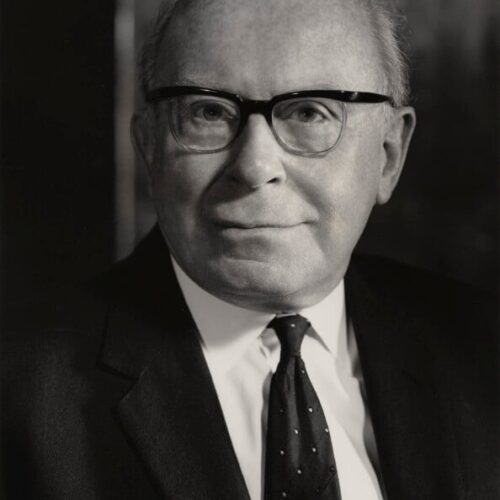

Elected to Parliament in 1949… and here I am! Where else could I be? The pages of the New Humanist and Hansards of the Commons and Lords say it all!
Lord Houghton on being an Honorary Associate of the Rationalist Press Association, New Humanist, August 1990
From New Humanist, June 1996
The great parliamentarian and humanist, Douglas Houghton, has died aged 97. He was active in the House of Lords in recent weeks and was a leading member of the Parliamentary Humanist Group.
He was bom in Long Eaton, Derbyshire in 1898. After working briefly as a Post Office clerk, he joined the Civil Service Rifles and soon fought in the First World War. His war experience marked him for the rest of his life: he believed that if all classes could work together with a common purpose in war, they ought to be able to do so in peace time.
His first post-war position was with the Inland Revenue and he became prominent in the Association of Officers of Taxes, which developed into the powerful Inland Revenue Staff Federation. He later served for eight years on the TUC General Council.
His political career developed when he became an Alderman of the London County Council (1947-1949) and MP for Sowerby, Yorkshire, in 1949. His power of communication and mastery of detail were seen in his contributions to the radio programme Can I Help You?, which answered questions on social and personal matters.
In Parliament Houghton rapidly became an expert committee man. He was appointed Chairman of the Public Accounts Committee and then moved to become Chancellor of the Duchy of Lancaster, an ill-defined post, in which he spent much energy trying to resolve the problems of social service and tax. He was Chairman of the Parliamentary Labour Party at a time when factions bedevilled the Wilson government.
He and his friend Callaghan bitterly opposed the attempt to reform the Trade Unions set out in the document In Place of Strife. His vigorous arguments brought notable changes into these proposals. In opposition in 1970-1974, he remained a tenacious and canny chairman of the Parliamentary Labour Party. In 1974 at the age of 75 he decided to step down from Parliament. This was the beginning of his final and crowning achievement in the House of Lords as Lord Houghton of Sowerby. Teachers were grateful for his role as chairman of the inquiry into their pay and he made an important contribution as chairman of the committee which recommended financial help for political parties from the public purse.
His own dominating concerns became animal rights and abortion law reform and population control (an area of concern which he shared with his distinguished wife, Vera Houghton). He also spoke on humanist issues such as religion in schools.
He was a politician of an era which believed deeply in the role of the politician as a public servant and his profound humanity constantly sustained a long and impressive career.
Main image: Arthur Leslie Noel Douglas Houghton, Baron Houghton of Sowerby by Godfrey Argent, bromide print, 26 June 1969 NPG x18592© National Portrait Gallery, London
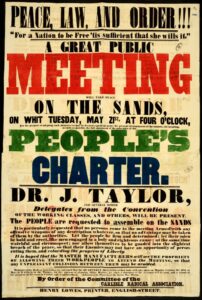
A mass working class movement for universal male suffrage Read more Chartist Ancestors and Women Chartists Chartism by David Avery […]
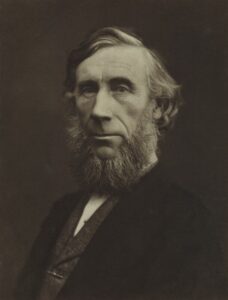
All religious theories, schemes and systems, which embrace notions of cosmogony, or which otherwise reach into the domain of science, […]
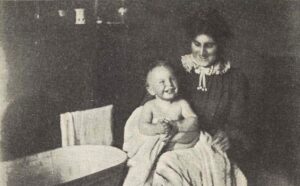
The courage and steadfastness which lead thoughtful people to declare themselves openly Rationalists in face of conventional social pressure is […]
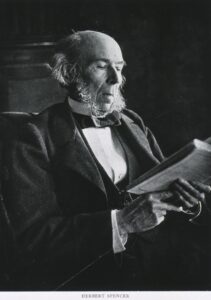
No one can be perfectly free till all are free; no one can be perfectly moral till all are moral; […]